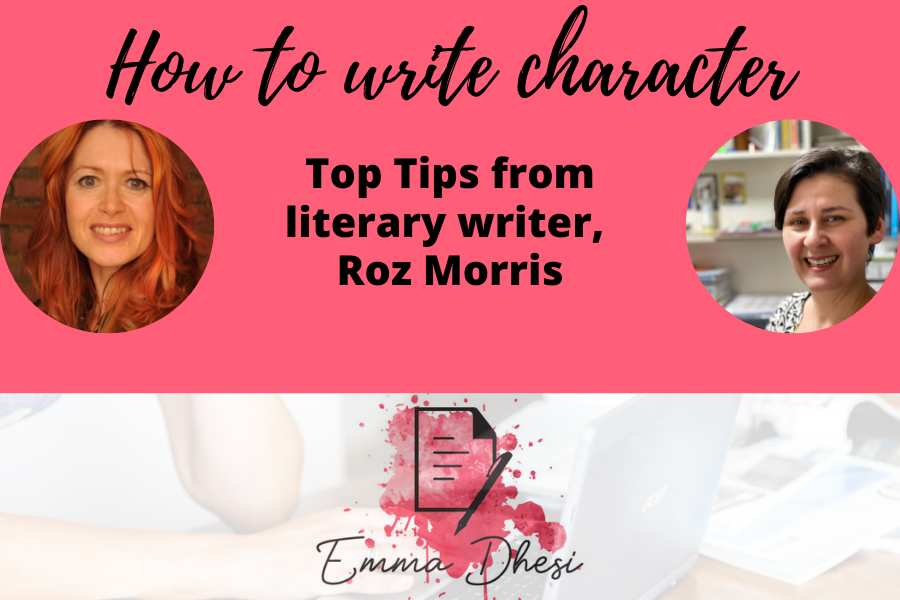How to write character
Roz Morris is a seasoned author, both under her own name and as a ghostwriter. She writes a fantastic site called Nail Your Novel, helping new authors, who are looking to build their craft.
She’s what’s described as a literary writer. Good story is, of course, key to any novel, but literary novelists tend to focus more on depth of character than the speed of plot.
Roz Morris
Morris highlights a couple of mistakes new writers often make:
As a new author, it’s probably you want your protagonist to be perfect. Instead, she suggests, put them in positions where they’re out of their comfort zone, or find themselves in extreme circumstances. This will highlight their weak spots and give them the impetus needed to move the story forward.
They need to be tested if they’re going to prove themselves and evolve as a person.
Morris suggests new authors don’t plug readers into their characters’ internal lives deeply enough. Right at the beginning readers need to experience what exasperates your protagonist, and how they respond. Once readers feel they know your character, you won’t need to spell out every reaction they have because the reader can already sense it.

From time to time, I link to products or services I love using with affiliate links. This means that I may receive a small percentage or fee for referring you to any product you may purchase from one of those sites. It does not cost you anything. These small fees help sustain my small business. I truly appreciate your support.
What about baddies? Morris says you need to make your antagonists as memorable as your protagonist. They need to be equal to each other. New writers often make antagonists isolated from the world with no family, friends, colleagues or even henchman, but they too need people around them from time to time, people who believe in their cause.
Antagonists also need strengths. They are highly motivated, otherwise they wouldn’t be causing such problems. What keeps them going?
Last tips
With dialogue, don’t forget to keep the reader up to date with the visual description. Take a beat to describe the scene to keep the reader.
Finally, you must show the relationships between your characters and how they respond to one one another. Their reactions can reflect how they regard one another and illustrate shifts in power dynamics.
I found these tips extremely useful because, although I don’t write literary fiction, nor do I write fast paced genre, so character is something I need to give more attention to.
You can find Roz Morris HERE, or on Twitter via @Roz_Morris.
If this article was useful, you’ll love:
https://emmadhesi.com/blog-post/writing-routine/
If you’ve been working on your novel for years (perhaps even decades) the maybe it's time to consider working with a coach.
If you have multiple versions of your novel and you don’t know which works best, are scared nobody will like your book and don't feel like a 'real' writer, then my guess is coaching is the right next step for you.
Find out more and sign up for your free Clarity Call here: https://emmadhesi.com/personal-coaching/






